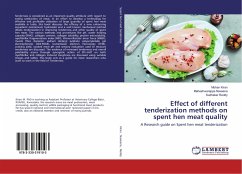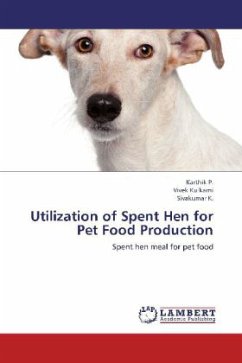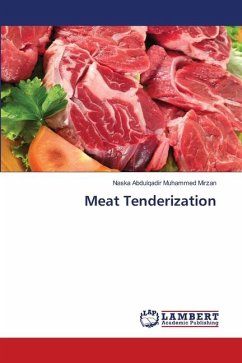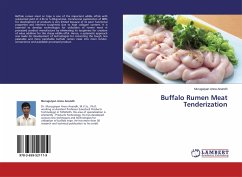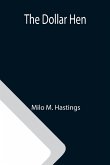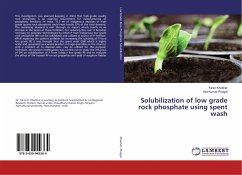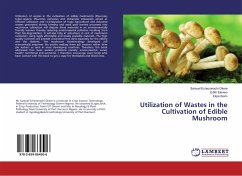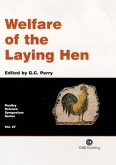Tenderness is considered as an important quality attribute with regard to eating satisfaction of meat. In an effort to develop a technology for effective and profitable utilization of large quantity of spent hen meat available in India, this book discusses the efficacy of a new enhancing ingredient (ammonium hydroxide) and a well known mechanical method (blade tenderization) in improving tenderness and other quality of spent hen meat. The various methods and procedures like pH, water holding capacity (WHC), collagen content, collagen solubility, protein extractability, myofibrillar fragmentation index (MFI), Warner-Bratzler shear force (WBSF), muscle fibre diameter, sodium dodecyl sulphate polyacrylamide gel electrophoresis (SDS-PAGE), transmission electron microscopy (TEM), cooking yield, cooked meat pH and sensory evaluation used to measure tenderness are discussed. The evidence of increased tenderness and overall palatability scores through synergistic action of BT+AHT on both myofibrillar and collagen induced toughness are discussed using suitable images and tables. This book acts as a guide for meat researchers who want to work in the field of Tenderness.
Hinweis: Dieser Artikel kann nur an eine deutsche Lieferadresse ausgeliefert werden.
Hinweis: Dieser Artikel kann nur an eine deutsche Lieferadresse ausgeliefert werden.

